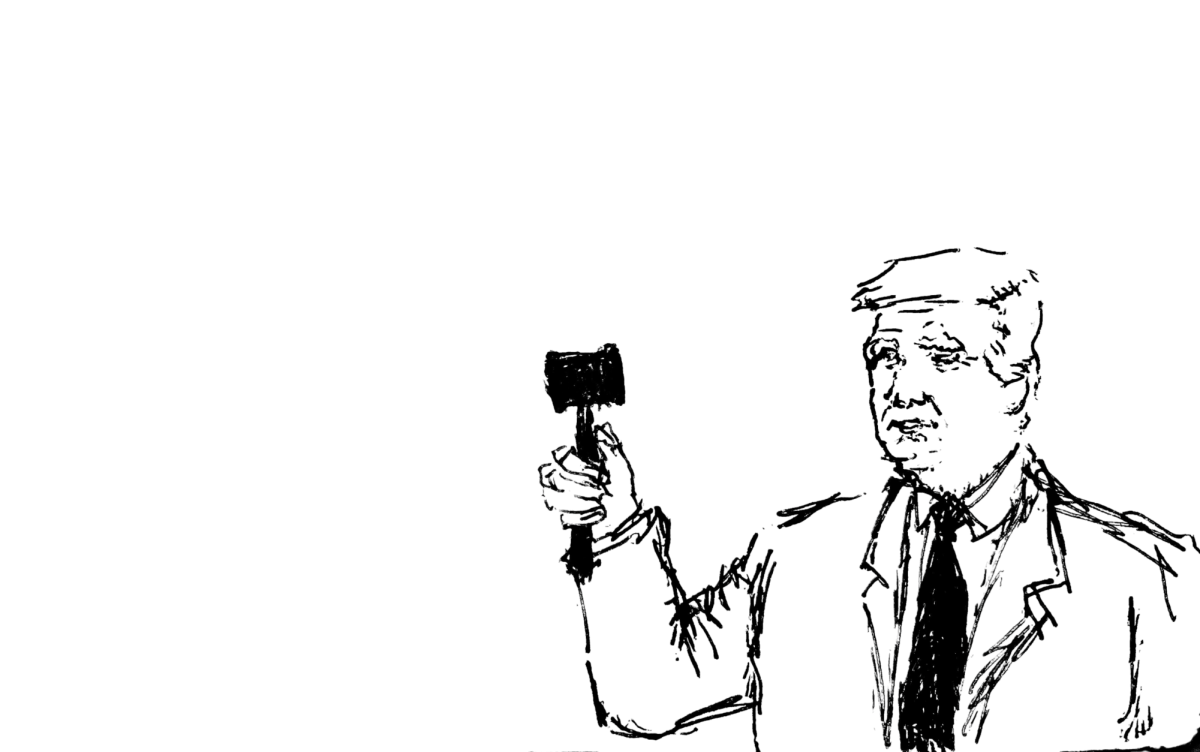
McCarthy may be the Speaker, but the question remains; at what expense?
Widespread controversy over the Speaker of the House election has led to extensive commentary regarding the damage done to the GOP (Grand Old Party). However, congressional inefficacy is nothing new to the American people. Throughout history, we have seen our branches of government grow further divided, often leading to gridlock within Congress and an overall inability for representatives to provide results for their constituents. This past January, the election for the Speaker of the House left millions of Americans on the edge of their seats as Congressman Kevin McCarthy (R) lost fourteen rounds of elections in a Republican-dominated House of Representatives before emerging as speaker. The consequent restraint of the Republican Party in the chamber has long been talked about, but often overlooked is the shift in power within the party from moderate Republicans to the extremist right. The effects of this chaos in Congress will ripple throughout the next term, providing these extremist Republicans with more of a voice than ever before, but at the expense of their own party and the functionality of the government.
November’s midterm elections created near perfect conditions for a GOP sweep of Congress, the expected outcome when the executive is a Democrat. Despite this, the Republican party performed poorly in these elections relative to historical patterns, barely achieving a slim majority in the House, and even losing a seat in the Senate. The party’s inability to perform during the past midterms foreshadowed the mess that became the Speaker of the House election, and presents a difficult future for the Republican party within Congress over this next term.
The razor-thin majority that the Republicans hold in the House is what allowed for nineteen far-right republicans to blockade McCarthy from speakership across fourteen tedious ballots. Most can attest to the ideological division that exists within parties, but this battle made the gap between moderate Republicans and right-wing extremists more evident than ever. Many of the nineteen Republicans have outspokenly denied the results of the 2020 election, and embraced conspiracy theories rooted in racist ideology. What we are seeing now is, in part, the ripple effects of the insurrection that took place two years ago, as those same extremist and anti-democratic groups are entering and influencing mainstream politics.
To achieve his position, McCarthy accepted numerous alterations to the traditional roles and abilities of the Speaker, not only sacrificing his power in the role, but putting the country at great risk of having to function with a paralyzed chamber. This compromise with the extremist right has placed McCarthy in an overwhelmingly constrained position regarding his ability to rule the House, and has left millions around the nation to wonder what this means for the future of the GOP.
With the close numbers in the house, only a handful of Republicans could be the difference between a piece of legislation advancing through Congress. Knowing that even the smallest opposition from right-wing extremists could kill a bill, Republicans in the House will have little wiggle room when it comes to furthering their agenda, and will likely need to appeal to the extremes of these house members in order to see anything pass through the chamber. This likely also means that we will slowly see the legislation pushed forth sway farther to the right as the term progresses, as there are few other ways in which the views of Republican representatives can be established.
The first large test to see how much power these extremist Republicans really gained in this election is projected to happen in the upcoming months, when the US hits the debt limit. The same nineteen Republicans who held out in their voting for McCarthy have spoken of their commitment to blocking any increase in the debt limit and cutting domestic spending programs such as Social Security and Medicare. As this deadline approaches, and the nature of the new GOP House is slowly revealed, it will be up to the Republicans to prevent the economic stress that would be brought upon the American people if federal spending is curbed.
McCarthy has compromised, persisted, and ultimately assumed the role of one of the least powerful Speakers in modern history. Not only is the Republican party jeopardized by this inefficacy, but if things continue on in this chaotic manner, both the livelihoods of the American people, and the functionality of the government are at risk.





